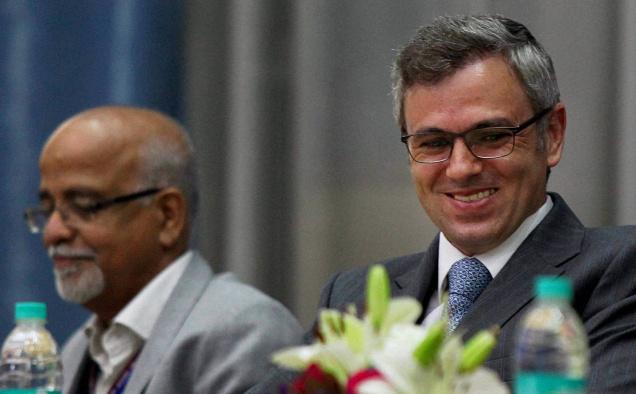 NEW DELHI, September 4; It was not on the agenda of the annual convention of the Central Information Commission (CIC) but it was the most-discussed issue among the participants. The Right to Information (Amendment) Bill 2013 literally clouded the two-day function marking eight years of the transparency law which started on Monday, ironically the very day the Bill was scheduled to be tabled in the Lok Sabha.
NEW DELHI, September 4; It was not on the agenda of the annual convention of the Central Information Commission (CIC) but it was the most-discussed issue among the participants. The Right to Information (Amendment) Bill 2013 literally clouded the two-day function marking eight years of the transparency law which started on Monday, ironically the very day the Bill was scheduled to be tabled in the Lok Sabha.
Even as Minister of State for Personnel, Public Grievances and Pensions V. Narayanasamy gave credit to the UPA government for bringing in the transparency law, the participants expressed their resentment against the government for “unilaterally” pushing amendments which exempts the political parties from the purview of the transparency law.
The government brought the Amendment Bill in response to the CIC order declaring that political parties are public authorities.
The last push against the amendments in the RTI came from Jammu and Kashmir Chief Minister Omar Abdullah. In his valedictory address on Tuesday, he strongly supported the view of bringing political parties under the purview of the RTI Act.
“It looks strange that on the one hand we, who regard ourselves as custodians of democracy, talk about transparency but on the other hand refuse to be accountable. We are not just accountable to Income Tax department or the Election Commission (EC) but also the people of India,” he said.
Reacting to the argument of the political class that it was already accountable to the I-T department and the EC, former Chief Election Commissioner J.M. Lyngdoh argued that the EC was neither equipped nor attuned to check the financial malpractices and ensure financial transparency in the political parties.
Speaking at the panel discussion on “RTI and Corruption’’ on Tuesday, Mr. Lyngdoh said the political class was quite sincere in excluding itself from the domain of accountability and not the other way around.
With anxiety being quite palpable on their faces, the practitioners of the RTI from across the country who had come to attend the convention were extremely disappointed that neither President Pranab Mukherjee nor Mr. Narayanasamy even mentioned the crucial issue of amendments.
Eighty-two year-old Mumbai-based RTI activist Narayan Varma, along with other activists, had even drafted a resolution to be presented in the convention, asking the government to withdraw the Amendment Bill. But he was not allowed to do so by the organisers.
Former Central Information Commissioner Shailesh Gandhi and another Mumbai-based RTI activist Bhaskar Prabhu highlighted the “grotesqueness” of the move of the political class in “ganging up” to exempt themselves from the purview of the law much against the public sentiments.
“It should be a cause of worry to everybody that the amendments in the RTI Act will bring the trust between the political class and the general public to an extreme low. Parliament needs to listen to people’s voices. How can you amend the law without taking into consideration people’s concerns, sentiments and demands?” asked Mr. Gandhi.
Media and RTI speakers expressed concern at the inability of the media to use the RTI Act to its full potential in bringing the corruption out in public.
